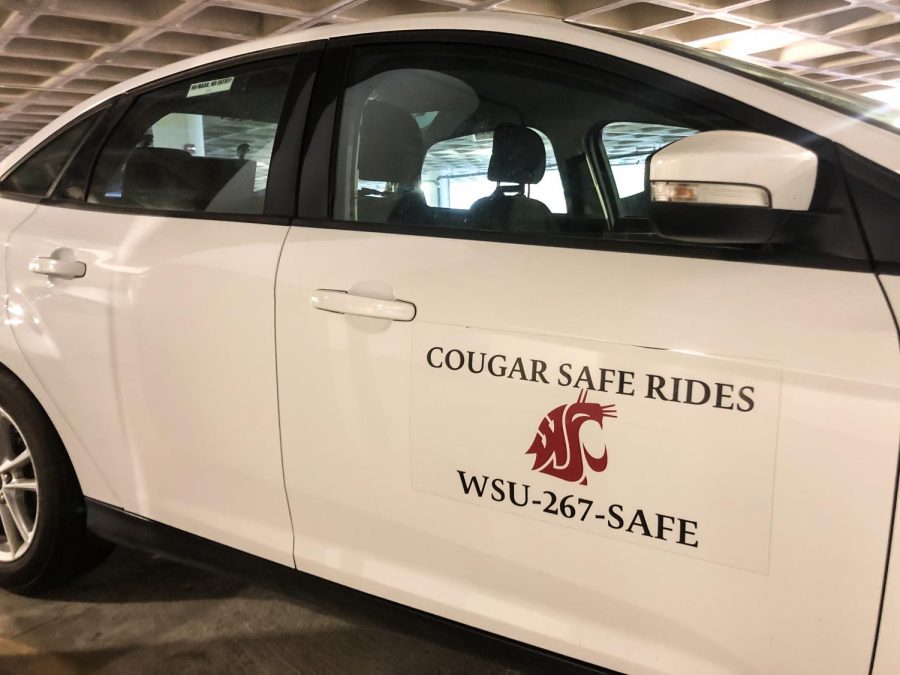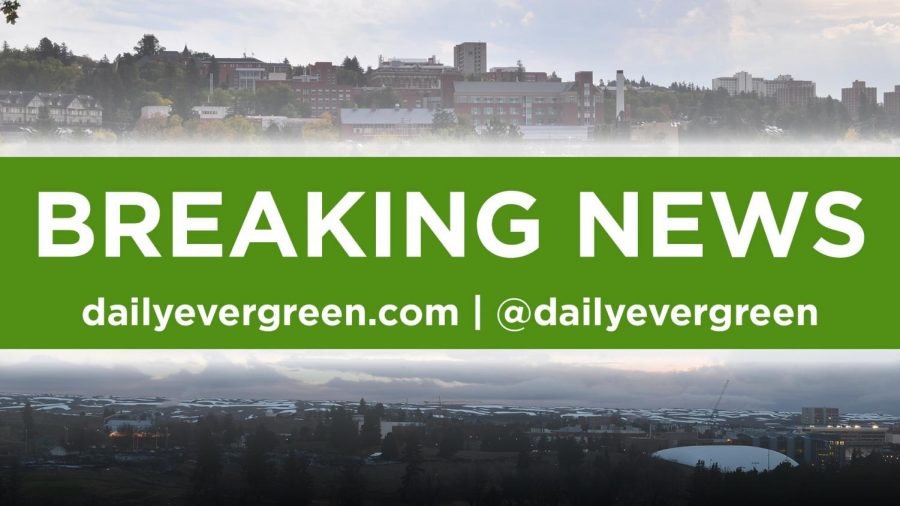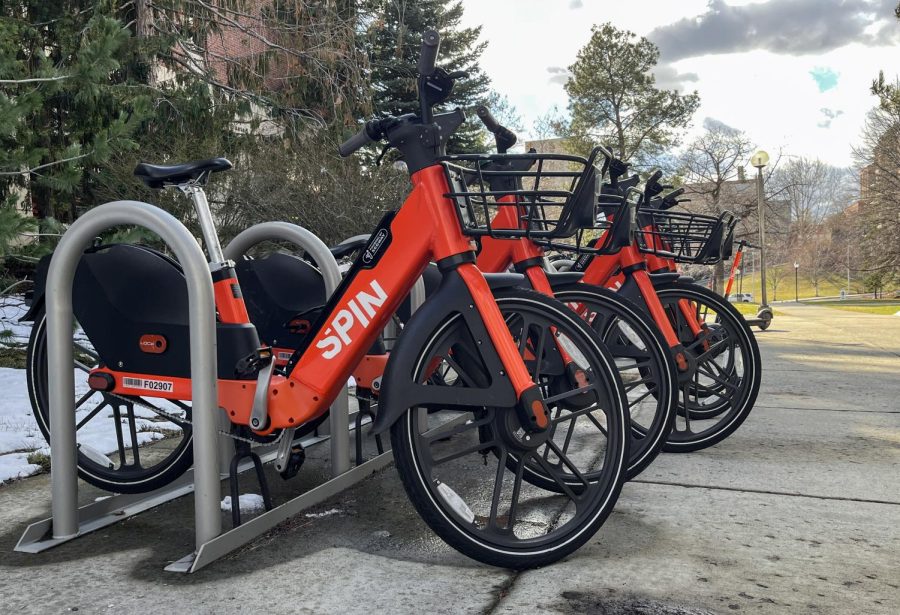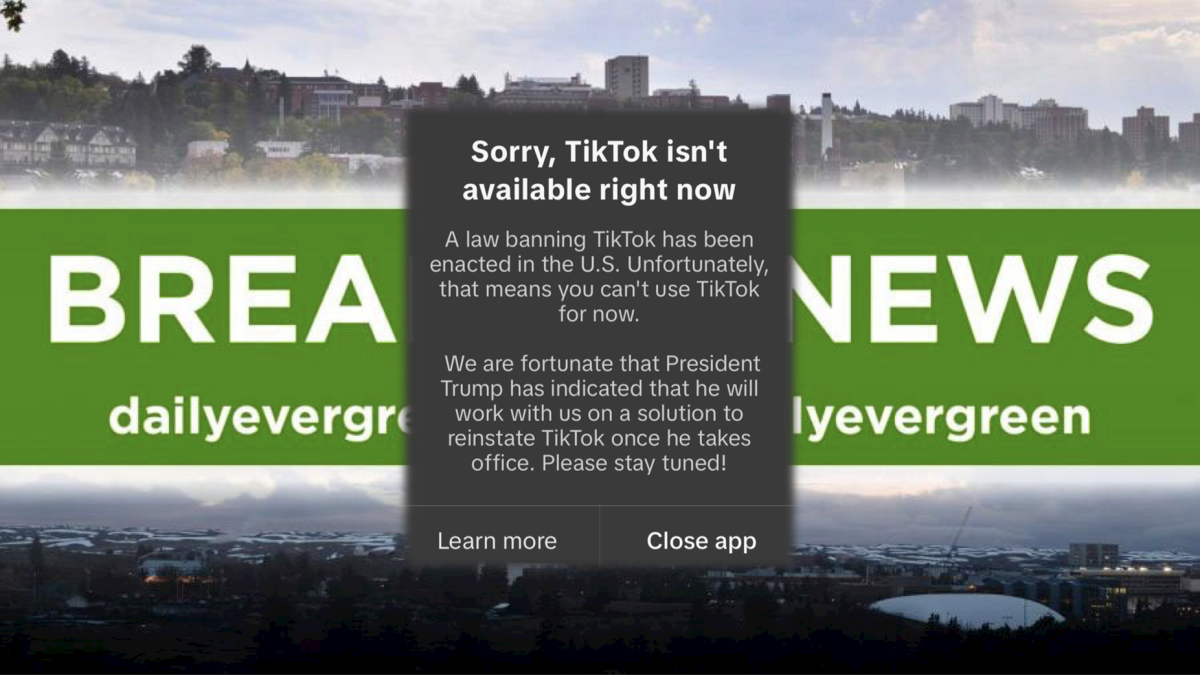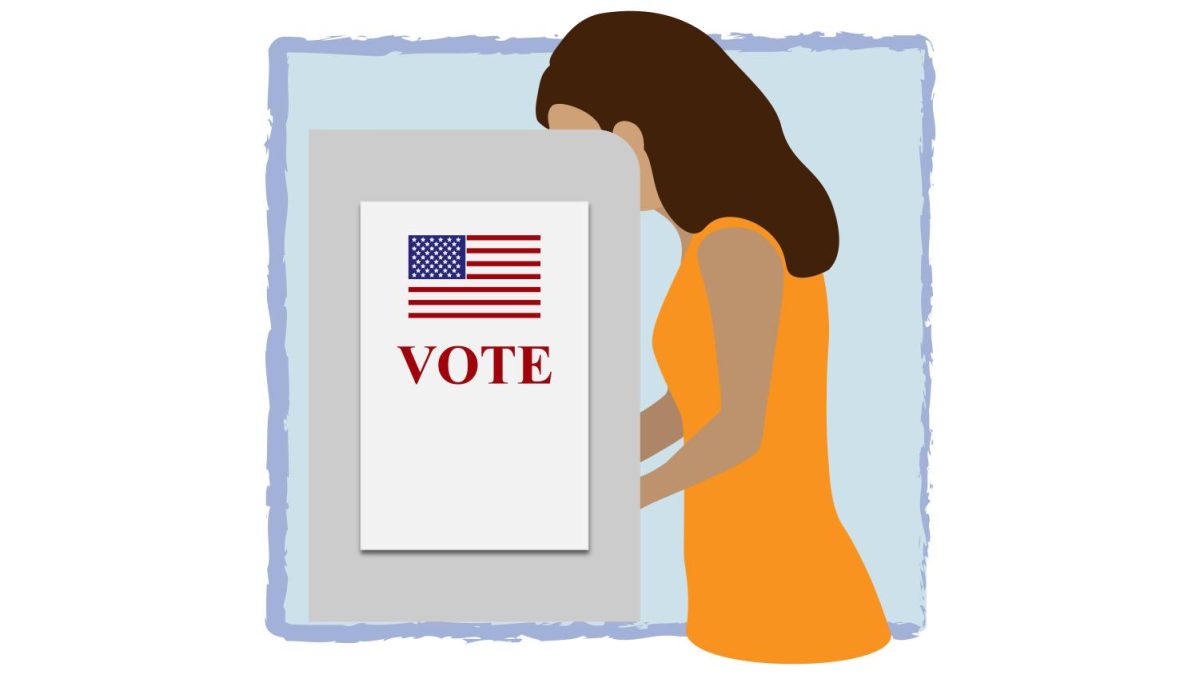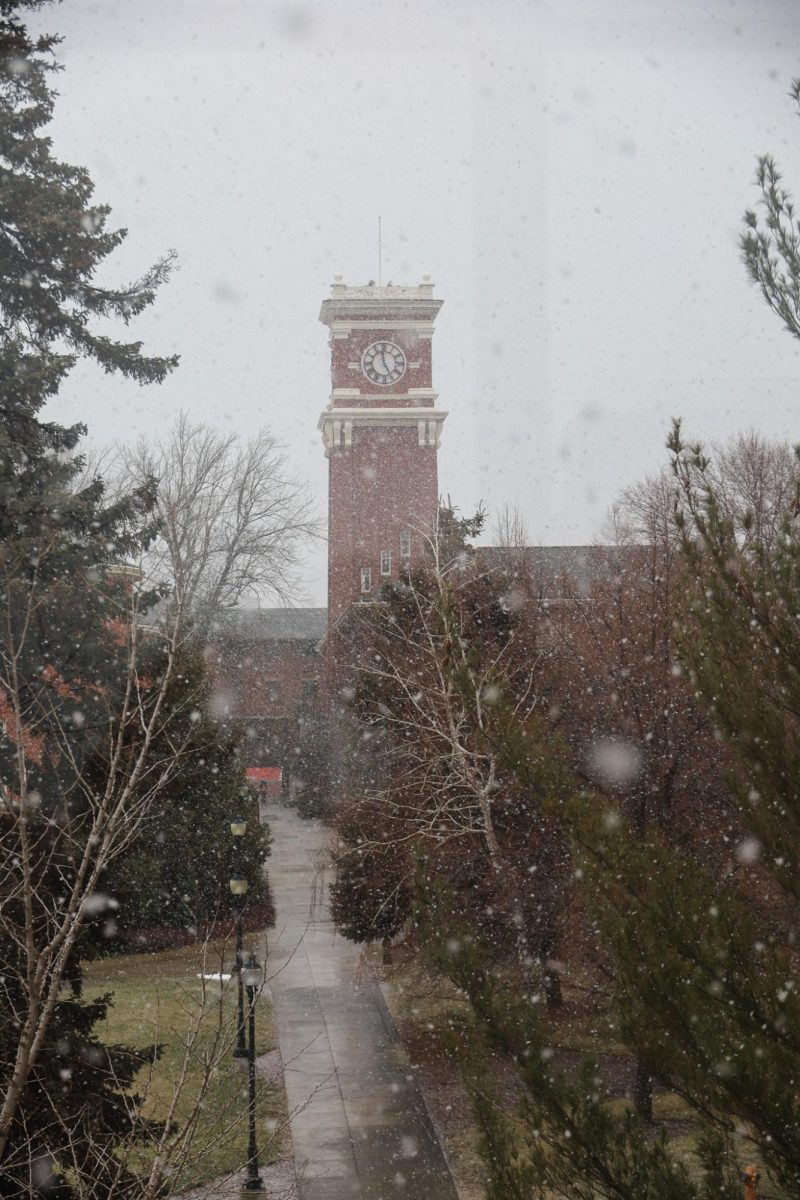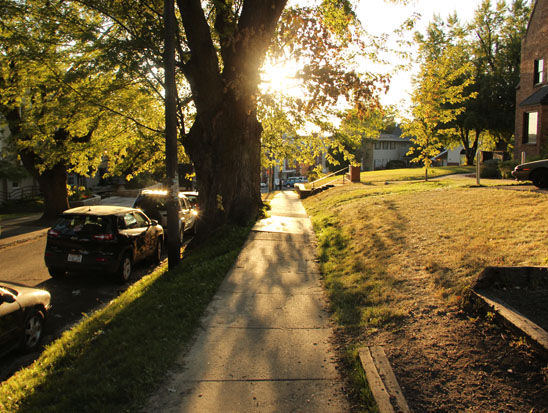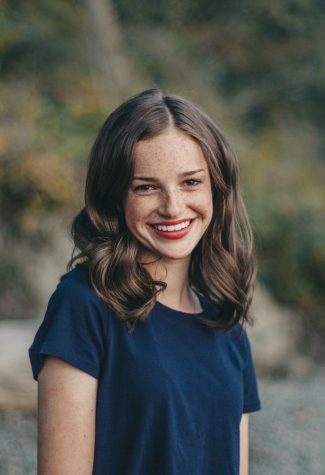Cougar Safe Rides, a student-lead program run by the Women*s Center at WSU that offers free rides to the WSU Pullman community, has returned to its original operating hours on Thursday, Friday and Saturday nights.
According to a previous Evergreen article, CSR used to operate at a three day per-week schedule on Thursdays, Fridays and Saturdays. Last November, following the University of Idaho murders, CSR increased its hours to seven days a week in order to ensure the safety of students in Pullman. With a small student-run team, however, CSR announced it was going to be returning to its original hours for the fall semester last April.
CSR receives its funding from Services and Activities Fees, which supports nonacademic student activities, programs and projects. It was misreported on the CSR Instagram page last semester that the reduced hours were a result of S&A budget cuts. In reality, it was actually a direct result of volunteer burnout and inability to keep up with the full-time schedule with such a small team, said Lorena Cruz (she/they), Women*s Center student services coordinator.
Women*s Center Director Amy Sharp (she/they), has been working for WSU since 2017, but has been familiar with the Pullman-Moscow area much longer. She went to college at the University of Idaho and used to travel frequently between Pullman and Moscow.
“When I was a college student at the University of Idaho, we knew about the Women’s Transit here,” Sharp said.
Women’s Transit was, according to a WSU Insider article, “a safety service for all WSU students, staff and Pullman community,” and it provided “free rides within Pullman city limits to anyone who feel uncomfortable walking alone at night.”
They said the women’s transit service had been around since the 1970s, around the same amount of time that the Women*s Center has existed on campus. But when Sharp returned to WSU in 2017 as the Women*s Center director, the service had already been closed down.
Sharp said the closing of the women’s transit service to misuse of the cars, changes in leadership and misdirection of the program. When Sharp became the director in 2017, she was asked to bring back the service by the ASWSU president at the time.
“Initially, women’s transit had been running seven days a week,” Sharp said, “And we knew that was not going to be possible with the team we were trying to hire and the volunteers. So we decided to hit the most active days of the week.”
Sharp said before COVID, student leadership wanted CSR to add Wednesdays to the weekly schedule of operation as well as have the service run every day during dead week. However, after the pandemic began, their attention was diverted to the Cougar Food Pantry and distribution of food to students since students began to quarantine themselves. During the pandemic, most of the student leadership who were passionate about CSR graduated.
Before the pandemic, Cougar transportation operated the buses on campus with longer hours and more extensive bus routes, but when the pandemic began, the bus hours were shortened, as were the length of the routes, and they were never restored, Sharp said.
Following the University of Idaho murders last November, the Women*s Center was asked by both the WSU police chief and administrative leadership to increase the operating hours of Cougar Safe Rides to 7 days a week.
Due to reduced student enrollment, S&A has had to perform general budget cuts, which has affected various student activities and programs, including the Coalition for Women Students, which funds CSR. Although Cougar Safe Rides’ return to its original hours was not because of the cuts, Sharp believes that S&A fee cuts will help in ensuring the permanency of the service.
“I mean, we are really small potatoes compared to other universities,” Sharp said, “And we currently don’t see a lot of drive for wanting to volunteer.”
Cruz said that Cougar Safe Rides has not yet started running this semester and is currently in the process of hiring team members and volunteers.
“A lot of students have already found the jobs that they have for the semester, or they’re realizing that the demands of the program are too much for their workload,” Cruz said.
Cruz said she believes that Cougar Safe Rides is not enough to fulfill the transportation needs of students both on and off campus, due to its limited hours of operation. It is unfortunate for the students who depend on CSR, Cruz said.
“This is a prime opportunity for students to make demands about transportation on campus — Cougar Safe Rides cannot be the end-all save-all for people,” Cruz said. “We only run three days a week, for four to five hours. Students need help getting home Monday through Thursday.”
Cruz said it is difficult to hear about struggles students have with transportation regarding bus routes and hours, especially considering the increase in crime in the Pullman-Moscow area in the past couple of years.
“I don’t see a way for Cougar Safe Rides to operate to fix those gaps,” Cruz said. “They can only do so much.”
The Women*s Center is currently hiring four program leads for Cougar Safe Rides, with applications on Handshake Cruz hopes that they will begin operations in October.

